
WHY DO I KEEP WAKING UP AT 3 A.M.? UNDERSTANDING THE CAUSES AND HOW TO SLEEP BETTER
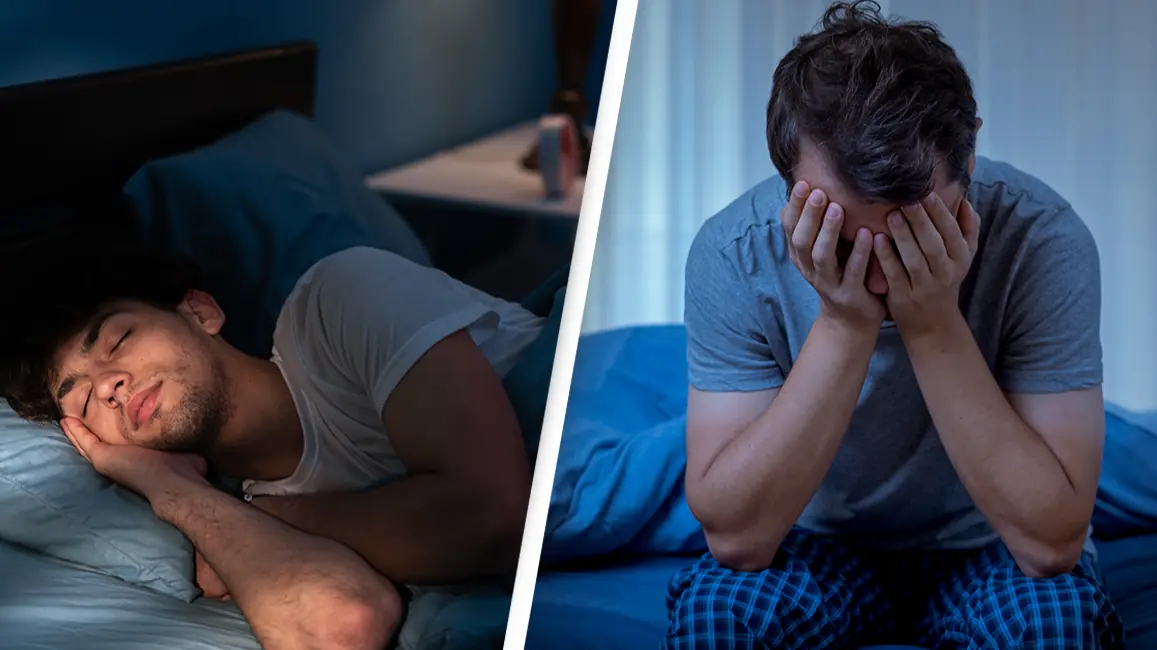 Waking up suddenly in the middle of the night, especially around 3 a.m., can be frustrating and leave you feeling exhausted the next day. You’re not alone—many people experience these nighttime awakenings. Understanding why you wake up at this particular hour and how to manage it can help you reclaim peaceful, uninterrupted sleep.
Waking up suddenly in the middle of the night, especially around 3 a.m., can be frustrating and leave you feeling exhausted the next day. You’re not alone—many people experience these nighttime awakenings. Understanding why you wake up at this particular hour and how to manage it can help you reclaim peaceful, uninterrupted sleep.
Understanding Sleep Cycles and Nighttime Awakenings
Sleep is not a continuous state but a series of cycles, usually lasting about 90 minutes each. Each cycle consists of several stages: light sleep, deep sleep, and rapid eye movement (REM) sleep. Early in the night, deep sleep dominates, and as morning approaches, REM sleep periods lengthen.
During these transitions, it's common to briefly awaken. Most people quickly return to sleep without realizing it. However, if you find yourself waking at 3 a.m. and unable to fall back asleep, the reasons may range from lifestyle factors to underlying medical conditions.
Common Causes of Waking Up at 3 a.m.
-
Stress and Anxiety
Stress triggers the body's fight-or-flight response, activating the sympathetic nervous system. This can lead to increased heart rate and alertness, waking you up unexpectedly. Chronic stress or anxiety related to work, relationships, or health can disrupt your sleep patterns and make returning to sleep difficult.
-
Insomnia
Insomnia is characterized by difficulty falling or staying asleep at least three times a week for over three months. Middle-of-the-night awakenings, especially at consistent times like 3 a.m., are a hallmark of insomnia. Research indicates that insomnia affects 10-20% of the population, with higher prevalence in older adults.
-
Age-Related Changes
As we age, sleep architecture changes. Older adults spend less time in deep sleep, making them more susceptible to disruptions from noises or light. Additionally, circadian rhythms may shift, causing earlier sleep and wake times. Age-related health issues and medications can further impact sleep quality.
-
Medications
Certain medications such as antidepressants, beta-blockers, corticosteroids, and diuretics may interfere with sleep. If you notice sleep disturbances after starting a new medication, consult your healthcare provider for possible alternatives or adjustments.
-
Health Conditions
Several medical issues may cause early morning awakenings, including:
-
Sleep Apnea: Interrupted breathing during sleep leads to frequent awakenings.
-
Gastroesophageal Reflux Disease (GERD): Acid reflux can cause discomfort and wakefulness.
-
Restless Leg Syndrome (RLS): Uncomfortable sensations in the legs may disrupt sleep.
-
Menopausal Symptoms: Hot flashes and night sweats often lead to waking.
-
Enlarged Prostate: Increased nighttime urination interrupts sleep.
-
Depression: Mood disorders can affect sleep patterns and quality.
-
Poor Sleep Hygiene
Lifestyle choices significantly affect sleep. Using screens before bedtime, consuming caffeine or alcohol late in the day, eating heavy meals close to bedtime, and irregular sleep schedules can all contribute to waking up prematurely.
Tips for Sleeping Through the Night
Improving sleep quality requires consistent habits and environmental adjustments:
-
Stick to a Regular Sleep Schedule: Go to bed and wake up at the same time daily.
-
Create a Comfortable Sleep Environment: Dark, quiet, and cool rooms promote better sleep.
-
Limit Screen Time Before Bed: Blue light from devices suppresses melatonin, the sleep hormone.
-
Establish a Relaxing Pre-Sleep Routine: Reading, meditation, or gentle stretches can help wind down.
-
Be Mindful of Food and Drink: Avoid caffeine after midday, limit alcohol, and eat dinner several hours before bed.
-
Exercise Regularly: Physical activity promotes deeper sleep but avoid vigorous exercise right before bedtime.
-
Manage Stress: Techniques like mindfulness, deep breathing, or therapy can reduce nighttime awakenings.
When to Seek Medical Help
If waking up at 3 a.m. becomes frequent and leads to daytime fatigue, memory problems, or mood changes, consult a healthcare professional. They may recommend:
-
Sleep Studies: To diagnose conditions like sleep apnea.
-
Cognitive Behavioral Therapy for Insomnia (CBT-I): A proven treatment to improve sleep habits.
-
Medication Adjustments: Reviewing prescriptions that may impact sleep.
Conclusion
Waking up at 3 a.m. is a common experience that can be caused by multiple factors including stress, aging, health conditions, and lifestyle habits. While occasional awakenings are normal, regular disruptions may require attention. Adopting healthy sleep practices and seeking professional guidance when needed can help restore restful nights and improve overall well-being.
Credit: Information adapted from the National Institute of Diabetes and Digestive and Kidney Diseases (NIDDK), American Journal of Clinical Nutrition, and the Centers for Disease Control and Prevention (CDC).
News in the same category


Family's Thyroid Tumor Discovery: A Cautionary Tale About Excessive Iodized Salt and Soy Sauce Consumption
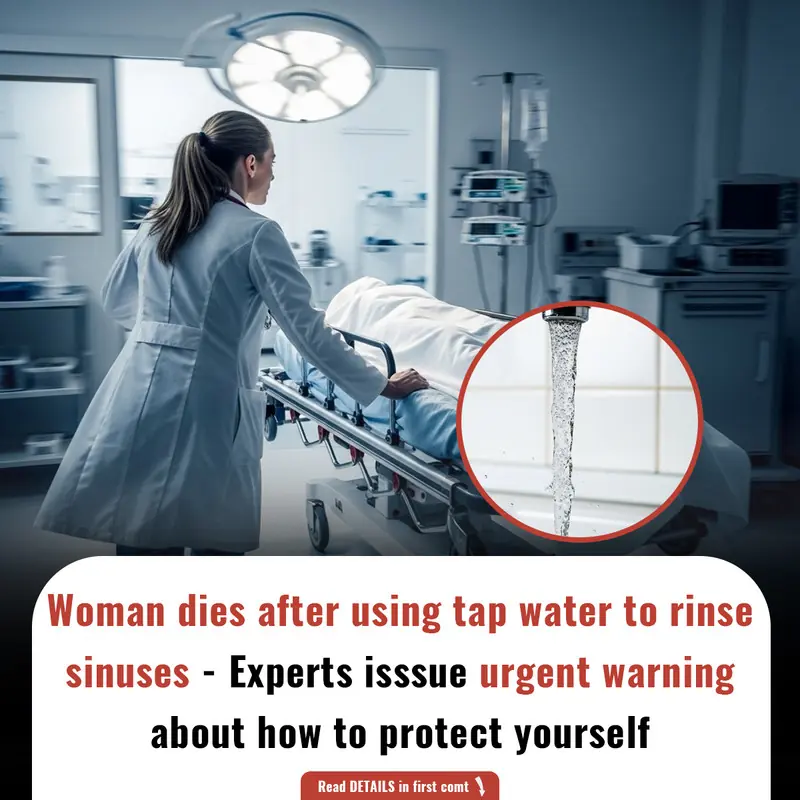
Texas Woman D!es After Using Contaminated Tap Water for Sinus Rinse

4 Foods You Should Never Reheat: Health Risks Explained

Why Some Train Toilets Discharge Waste Directly onto Tracks
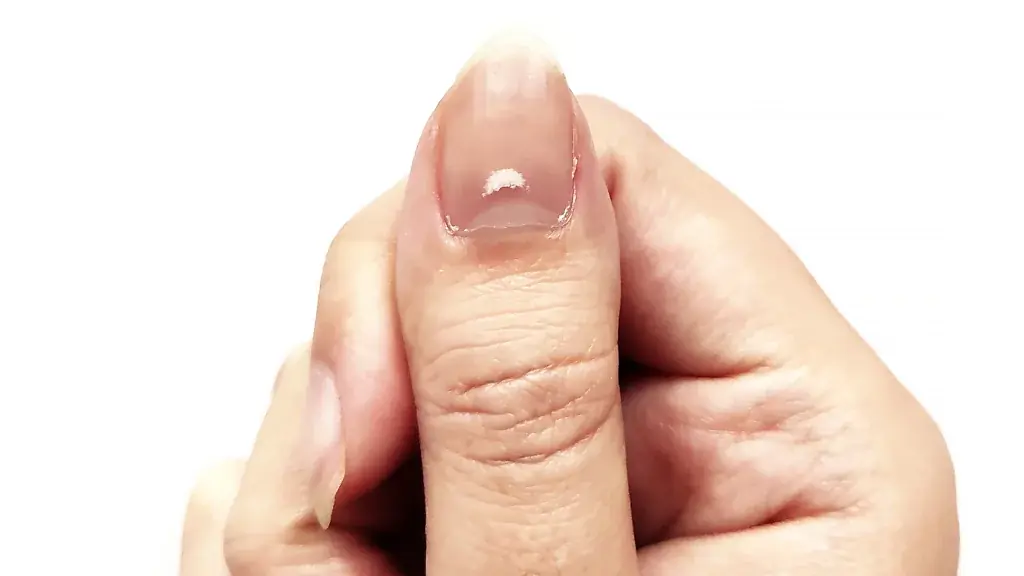
What Your Fingernails Reveal About Your Health: Insights from Experts
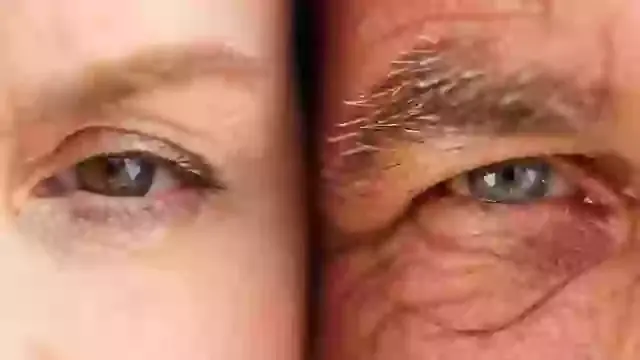
The Surprising Ages When Aging Speeds Up – What Scientists Have Discovered
A new study reveals that aging spikes at two specific ages, 44 and 60, and scientists have uncovered what happens to your body at these times. Learn the surprising results and what you can do to adjust.

Study Finds Sleep Habits Could Increase Your R!sk of Premature Death by 29% – Here’s Why
A new study reveals that poor sleep habits may increase the r!sk of premature de@th by up to 29%. Discover the sleep patterns linked to this danger and how you can improve your sleep health.

Expert Reveals Why Sleeping Without Clothes in Hot Weather Might Be a Bad Idea
Discover why sleeping without clothes during hot nights may not be as cooling as you think. Learn expert advice on how to sleep better in the heat.

New Study Reveals Alarming Rise in Anal C@ncer and Who’s Most at R!sk
A new study highlights a concerning rise in an@l canc3r cases, particularly among women over 65. Learn about the risk factors and what you can do to reduce your chances.

Ingenious Uses for Old Toothbrushes: 5 Surprising Household Hacks

4 Feng Shui Mistakes: Where Placing a Broom Brings Bad Luck

5 Key Symptoms You Should Never Ignore – A Doctor’s Warning on Rising C@ncer Risks in Young People
Discover the five cr:u:cial symptoms that could signal serious health conditions like bowel c@ncer, which is rapidly affecting young adults. Early detection is key to saving lives. Learn more now.

Why do many families hang water-filled plastic bags at their door stepsevery summer? The surprising science behind it
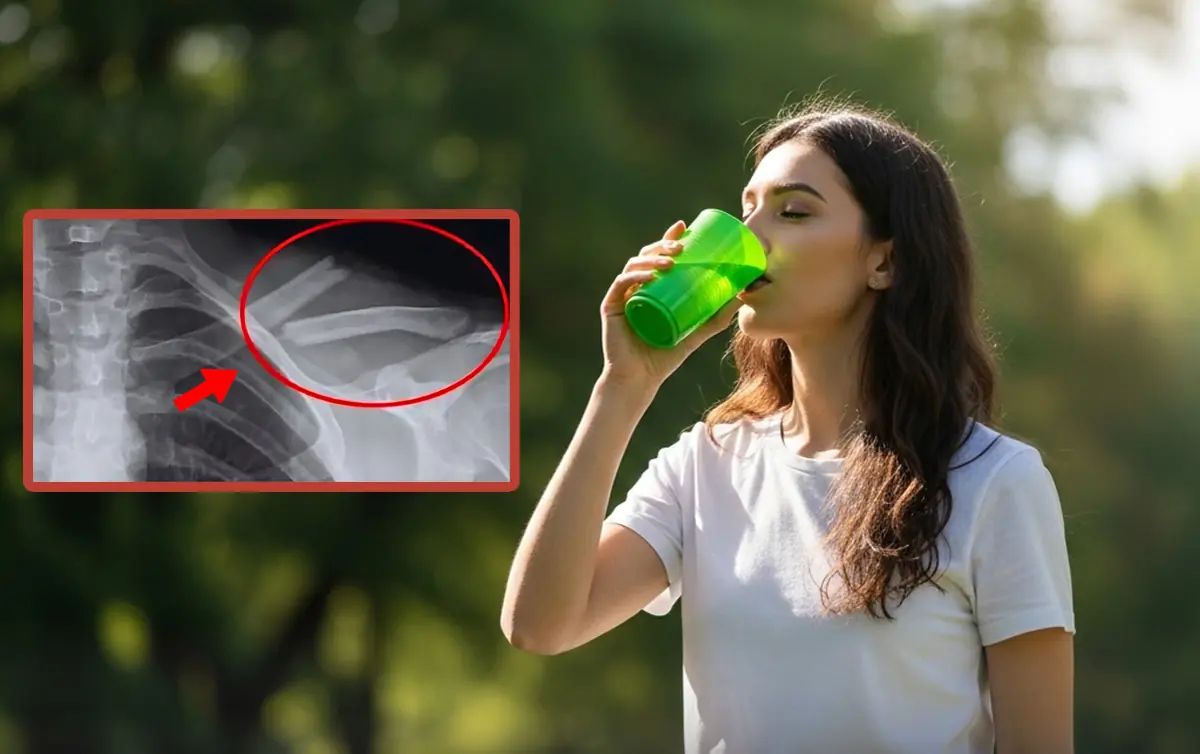
8 H@rmful Effects of Soda on Your Health You Should Know
Discover the shocking health risks of soda, including weight gain, bone deterioration, and cardiovascular disease. Learn why you should limit your soda consumption and what to drink instead.
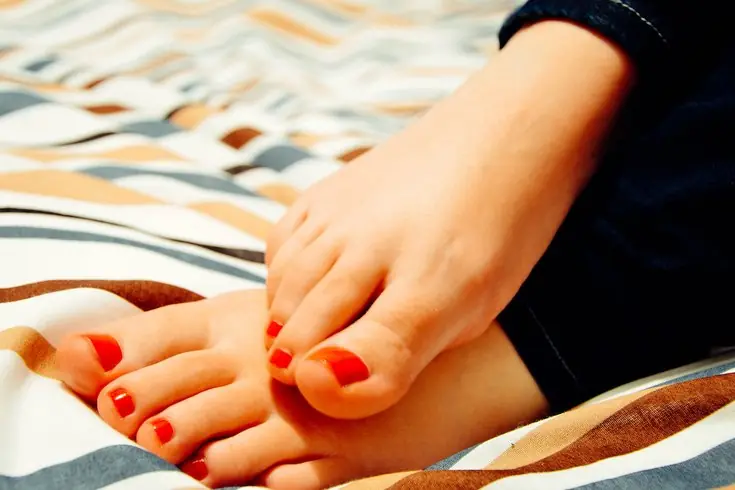
How Your Feet Could Be Signaling Heart Problems: What You Need to Know
Discover the surprising connection between swollen feet and heart disease. Learn how your feet can signal heart and artery problems and what steps you can take to improve your cardiovascular health.

10 Surprising Signs You Might Have a Parasite & How to Get Rid of It
Wondering if you have a parasite? Discover the 10 most common signs and learn how to safely treat parasitic infections with natural remedies and medical treatments. Protect your health today!
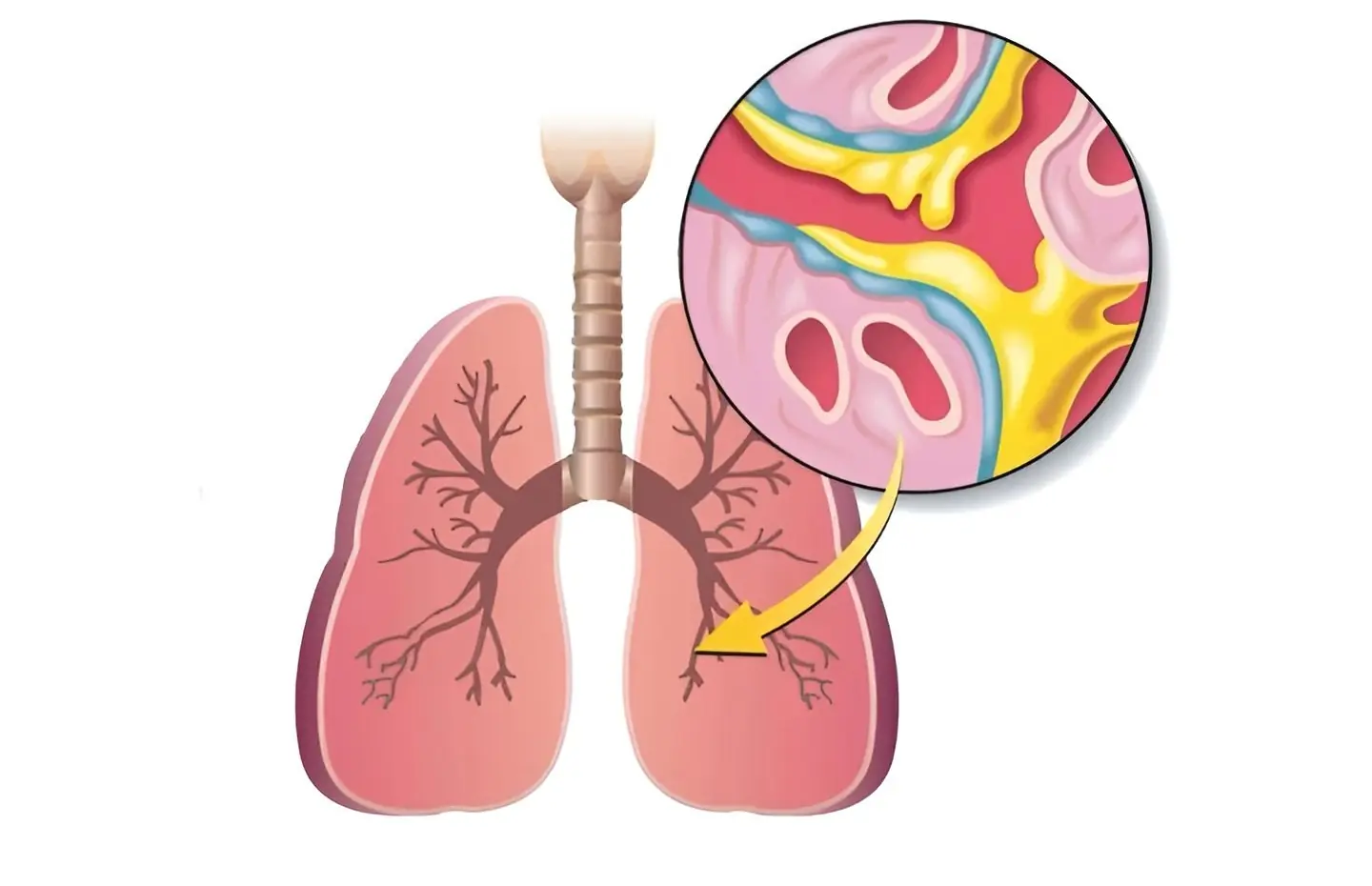
10 Natural Ways to Clear Che$t Congestion and Get Rid of Mucus Fast
Struggling with chest congestion? Discover 10 natural and effective ways to clear mucus and ease your symptoms, including home remedies, decongestants, and lifestyle tips.

Doctor Warns: How Your Sleep Position Could Be H@rming Your Health – And the Best Way to Sleep Instead
Discover how your sleeping position can affect your health. Dr. Tim Mercer explains why certain positions, like sleeping on your stomach, can lead to long-term issues and offers the best alternatives for better sleep.

Ancestors taught: if you want to be rich, throw away 3 things quickly, hold on to 3 things tightly, and you will have a prosperous life.
News Post

The Hidden Function of the Small Hole in Your Nail Clipper

Family's Thyroid Tumor Discovery: A Cautionary Tale About Excessive Iodized Salt and Soy Sauce Consumption

Texas Woman D!es After Using Contaminated Tap Water for Sinus Rinse

4 Foods You Should Never Reheat: Health Risks Explained

Why Some Train Toilets Discharge Waste Directly onto Tracks
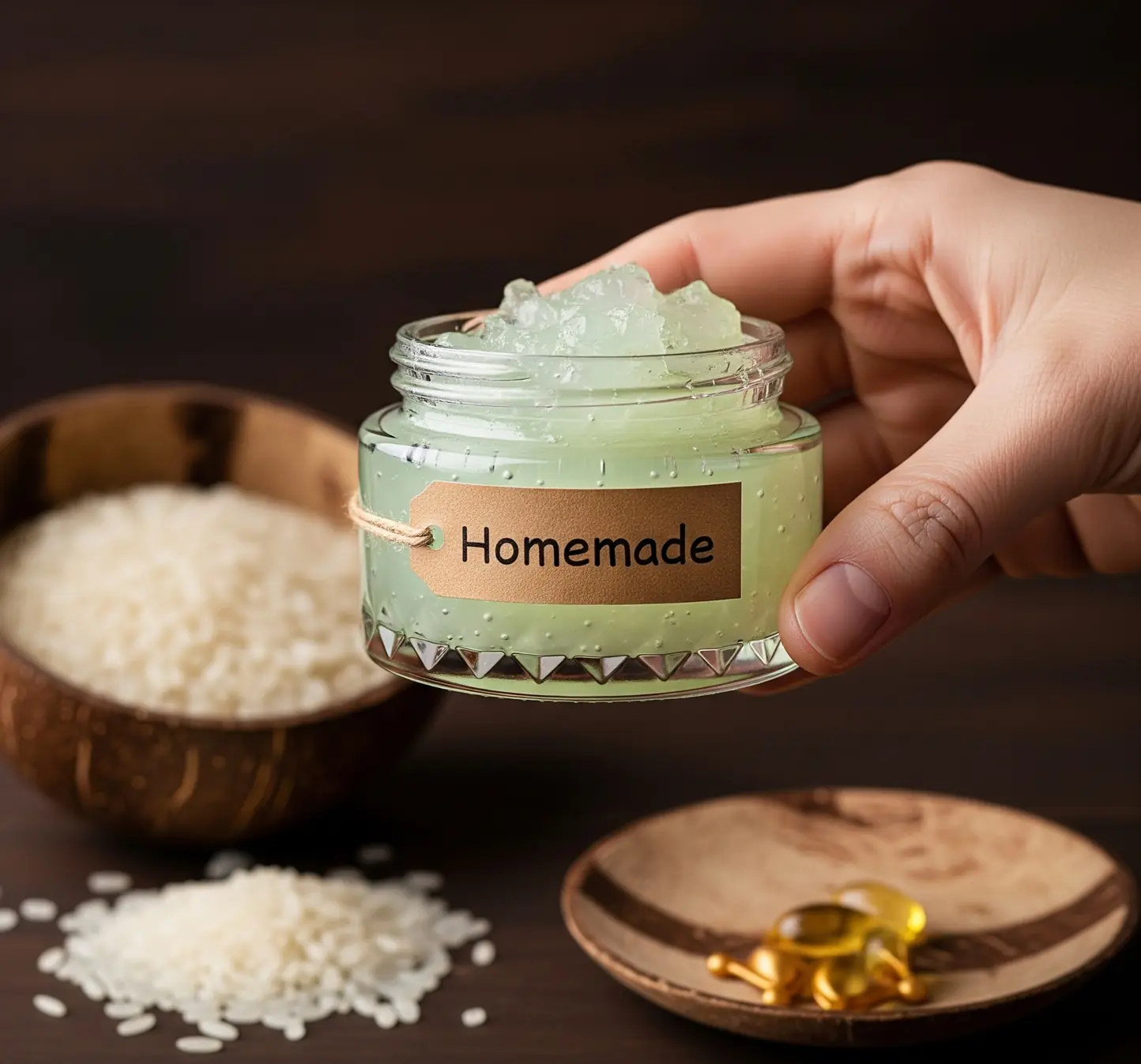
Easy Homemade Rice Gel: The Ultimate DIY Face Cream for Hydrated, Glowing Skin
With its powerful combination of rice, aloe vera, vitamin E, and tea tree oil, this cream not only nourishes the skin but also helps brighten dark spots, reduce fine lines, and promote youthful, glowing skin.
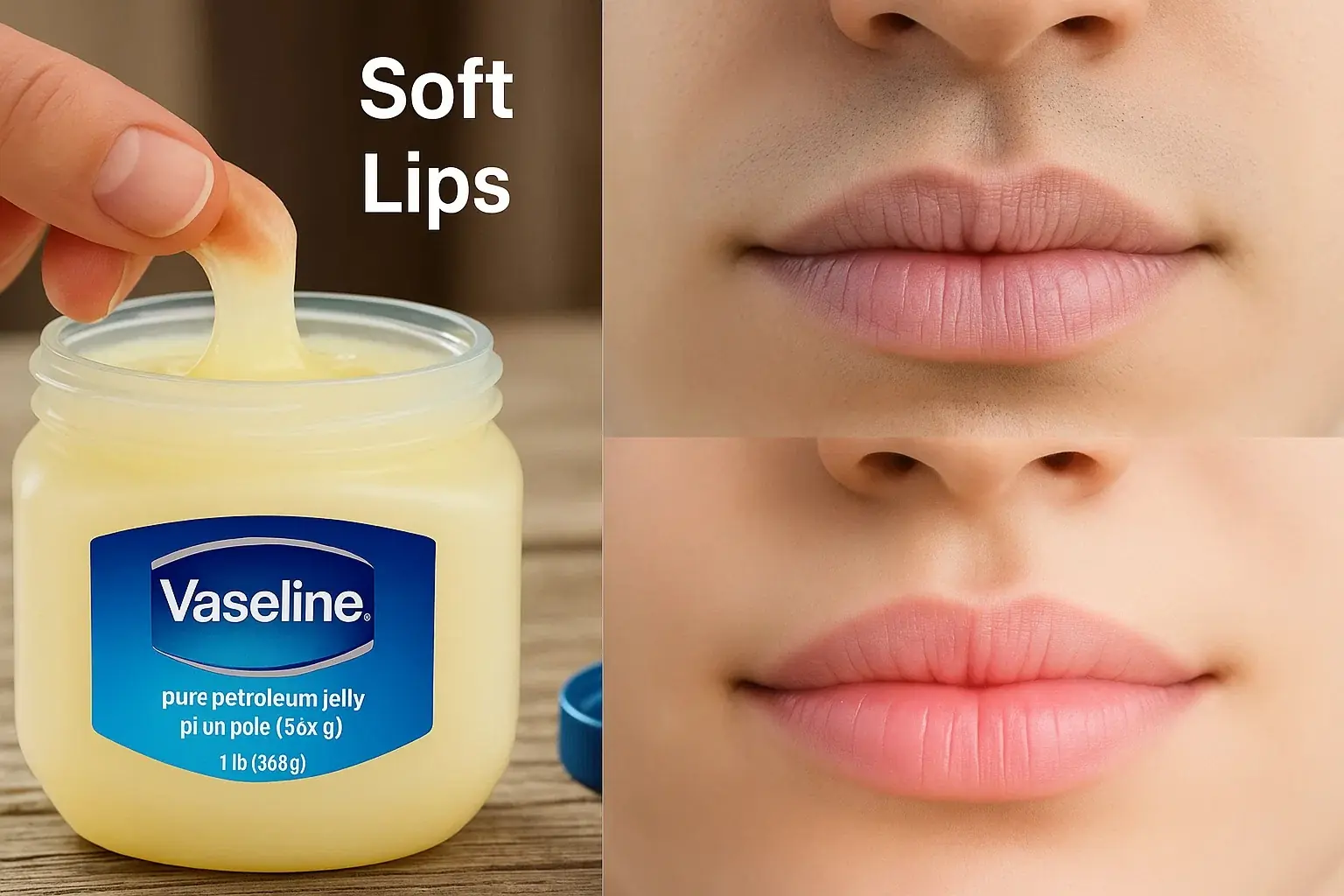
10 Effective Ways to Get Soft, Pink Lips Naturally: Proven DIY Remedies for Flawless Lips
By incorporating simple, effective DIY remedies into your routine, you can nourish, hydrate, and brighten your lips while enjoying the beauty of nature’s ingredients.

What Your Fingernails Reveal About Your Health: Insights from Experts

Fenugreek Water for Weight Loss: Methi Water Benefits and DIY Recipes
Fenugreek is a natural, affordable, and effective solution for promoting healthy weight loss and improving overall health.

A Heartwarming Flight: How Strangers Came Together to Help a De@f-Bl!nd Passenger
n an Alaska Airlines flight, a de@f-bl!nd man named Tim experienced extraordinary kindness from strangers - including a 15-year-old girl who used ASL to communicate. This inspiring story will restore your faith in humanity.
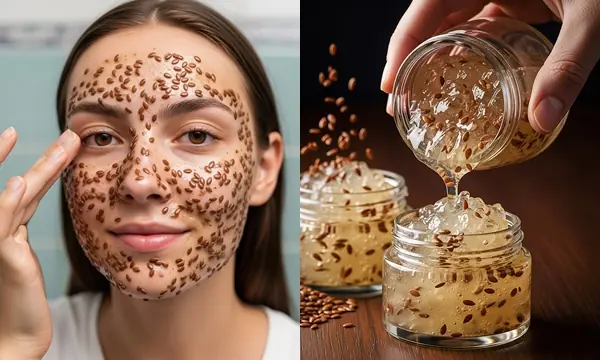
DIY Flaxseed Collagen Night Gel: A Natural Remedy for Hydrated, Youthful Skin
By harnessing the power of flaxseeds, aloe vera, and vitamin E, this DIY treatment helps to nourish, hydrate, and protect the skin, all while stimulating collagen production for long-term skin health.

The Great Depression: How the 1929 Market Cra$h Reshaped the World
The 1929 market crash sparked the Great Depression, reshaping the world for decades. Explore its impact! ❤️📉
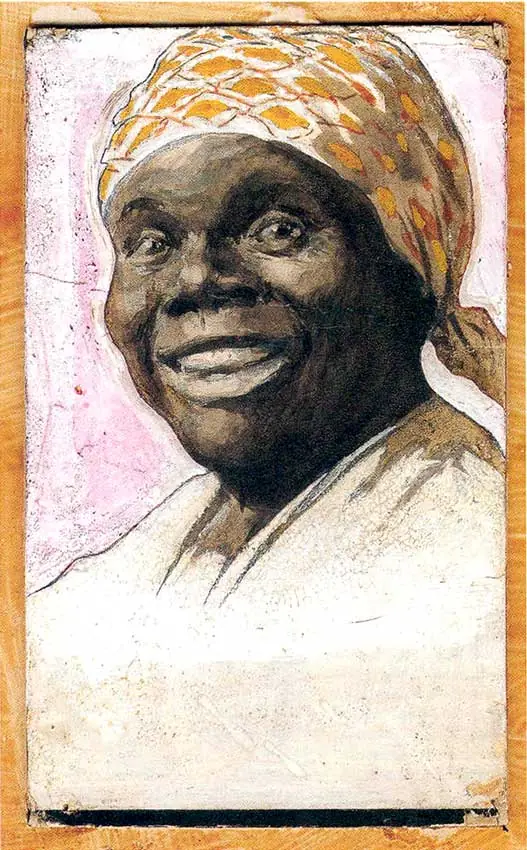
Unveiling the Real Woman Behind "Aunt Jemima": The Legacy of Nancy Green
Discover the powerful, untold story of Nancy Green, born into slavery, who rose to national fame as the original "Aunt Jemima." Learn about her resilience, contributions, and why her true legacy deserves to be honored.
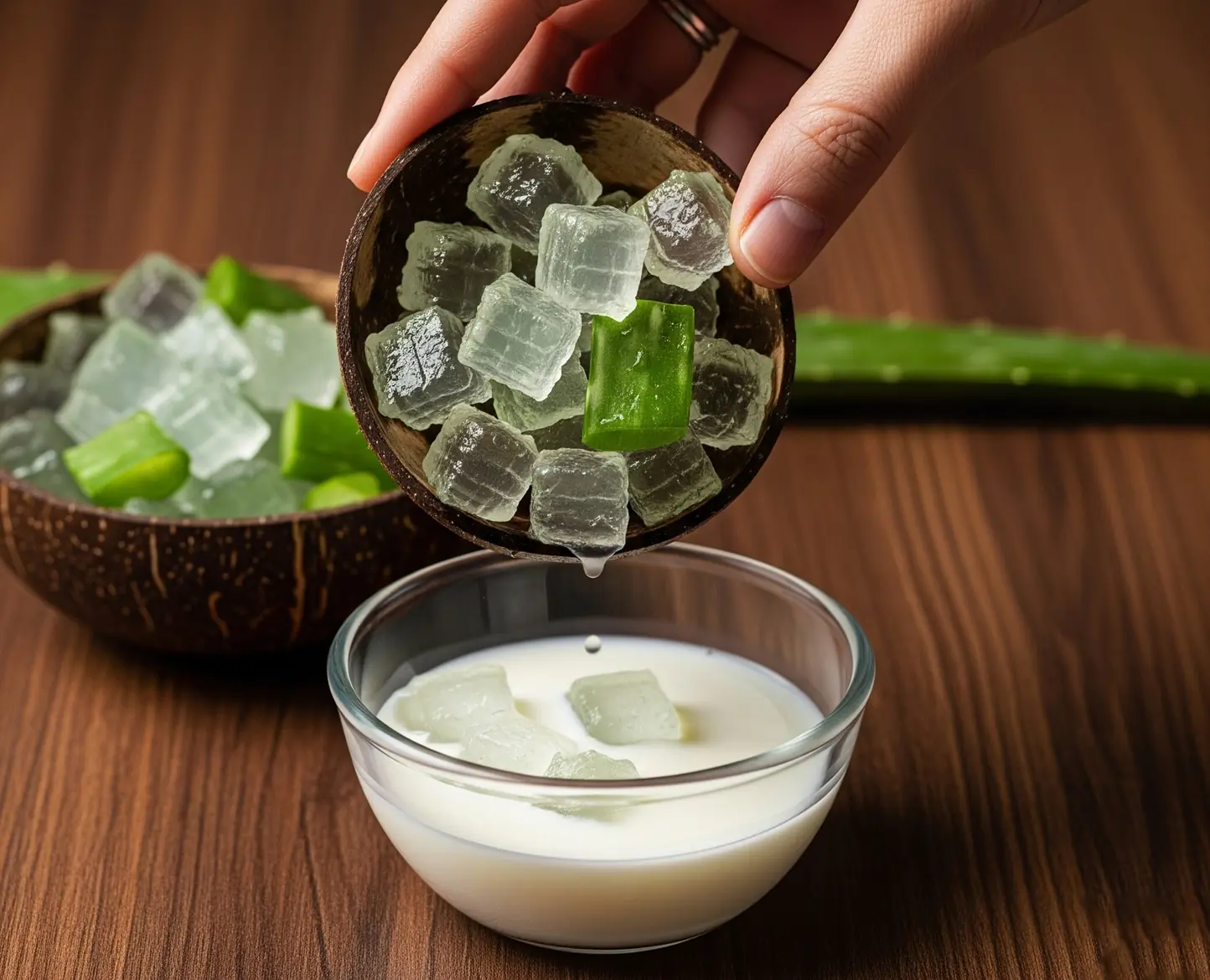
5 Ways To Use Aloe Vera Gel For Glowing, Flawless Skin
Apply these masks and serums 2–3 times a week, and complement your skincare efforts with a healthy diet and plenty of water.

GAS STATION WORKER FINDS ABANDONED BABY - THEN FATE DELIVERS A MIRACLE
A man discovers a newborn abandoned in a box, setting the course for a journey of love, sacrifice, and healing. This story explores the transformative power of family, compassion, and second chances.
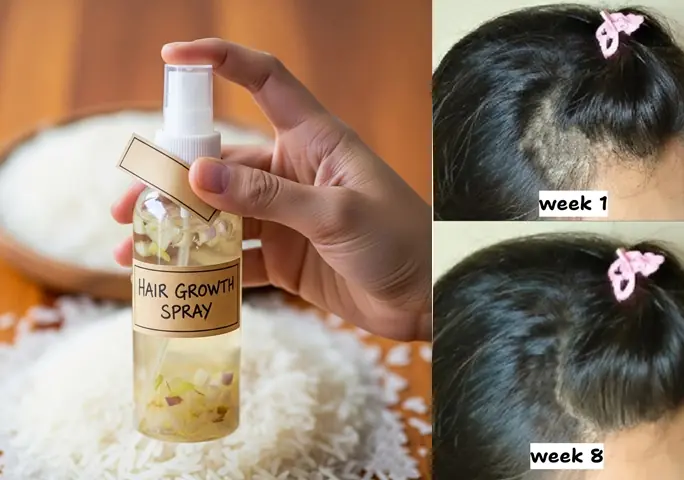
DIY Onion Rice Hair Mask To Boost Hair Growth
This simple, affordable treatment can be easily added to your regular hair care routine for noticeable improvements over time.

The Surprising Ages When Aging Speeds Up – What Scientists Have Discovered
A new study reveals that aging spikes at two specific ages, 44 and 60, and scientists have uncovered what happens to your body at these times. Learn the surprising results and what you can do to adjust.

Study Finds Sleep Habits Could Increase Your R!sk of Premature Death by 29% – Here’s Why
A new study reveals that poor sleep habits may increase the r!sk of premature de@th by up to 29%. Discover the sleep patterns linked to this danger and how you can improve your sleep health.

Expert Reveals Why Sleeping Without Clothes in Hot Weather Might Be a Bad Idea
Discover why sleeping without clothes during hot nights may not be as cooling as you think. Learn expert advice on how to sleep better in the heat.

New Study Reveals Alarming Rise in Anal C@ncer and Who’s Most at R!sk
A new study highlights a concerning rise in an@l canc3r cases, particularly among women over 65. Learn about the risk factors and what you can do to reduce your chances.